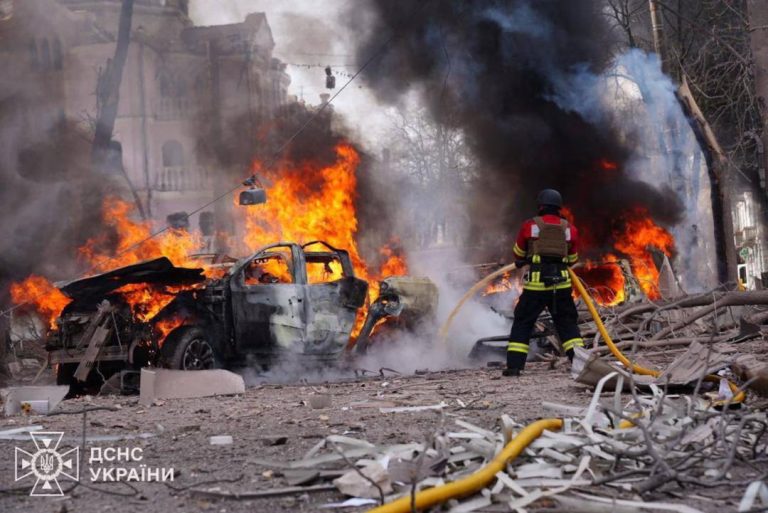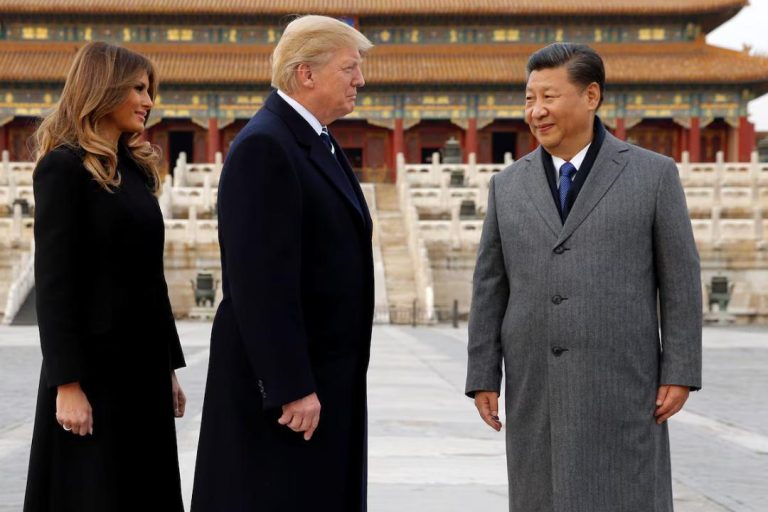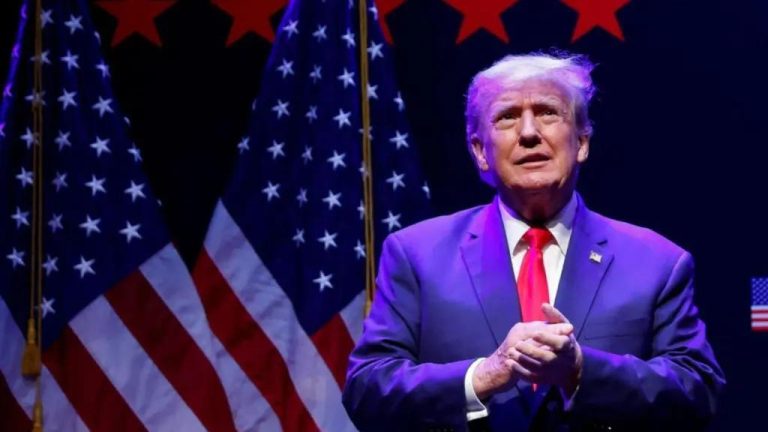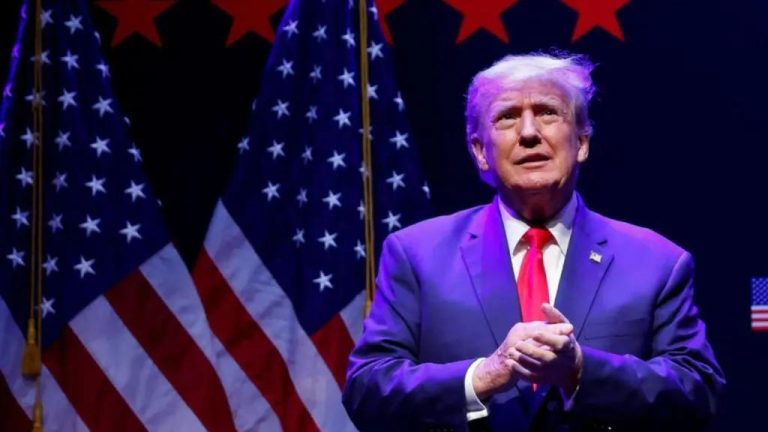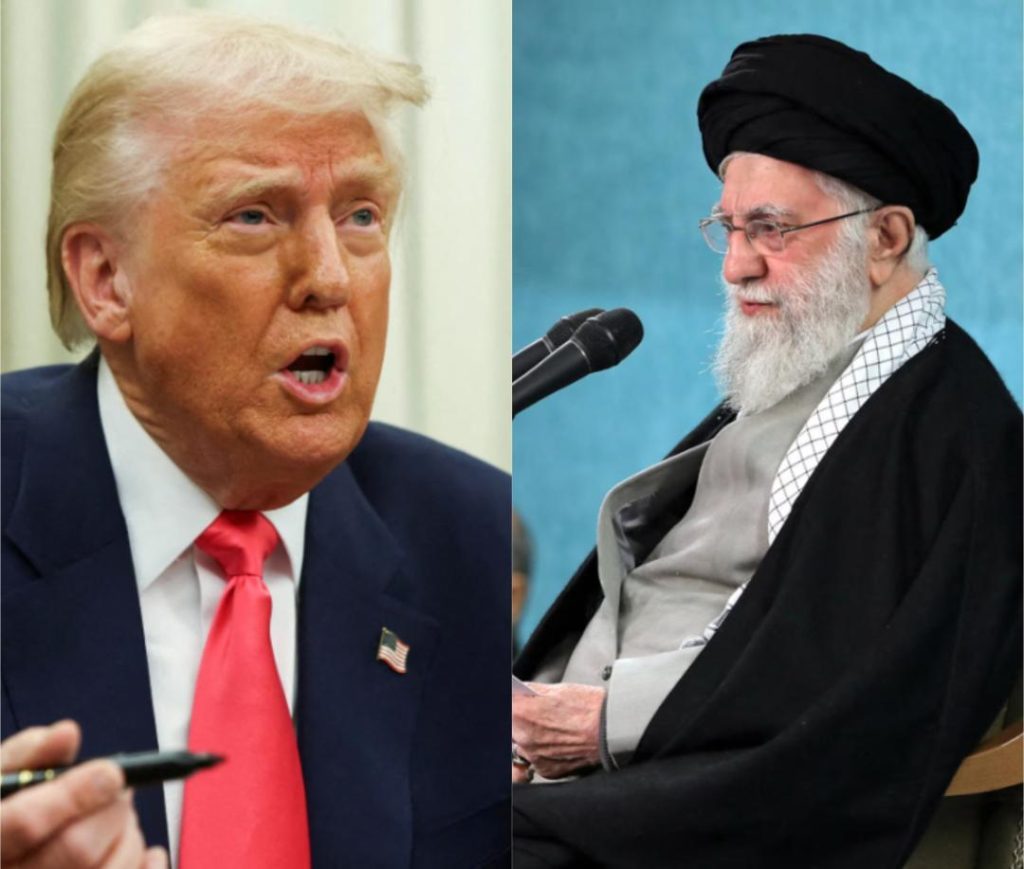
US & Iran begin nuclear talks days after Donald Trump threatened bombing
In a surprising turn of events, Iran and the United States have started indirect talks in Oman, with both sides represented by their respective envoys. This development comes just days after US President Donald Trump made a provocative statement, threatening to bomb Iran if it didn’t agree to a deal on its nuclear program.
According to the latest reports, Iran’s Foreign Minister Abbas Araghchi and US President Trump’s Middle East envoy Steve Witkoff will exchange messages via an Omani minister, who will facilitate the talks. The two sides have been given separate rooms to prevent any direct contact, a move that highlights the tension and mistrust between the two nations.
The talks, which began on April 12, are taking place against the backdrop of a regional conflict that has been simmering for years. The situation has escalated in recent months, with the United States imposing harsh economic sanctions on Iran and Tehran retaliating by increasing its military presence in the region.
The diplomatic efforts come after a series of high-stakes incidents involving Iran and the United States. In January, the US launched a drone strike that killed top Iranian military commander Qassem Soleimani, sparking widespread outrage and protests across the Middle East. In response, Iran launched a missile attack on US military bases in Iraq, prompting Trump to threaten further military action.
The nuclear talks are a significant development, as they mark the first formal attempt to address the long-standing issue of Iran’s nuclear program. The program has been a major source of tension between Iran and the international community, with many countries, including the United States, accusing Tehran of pursuing a secret nuclear weapons program.
Iran has consistently denied the allegations, saying that its nuclear program is purely for peaceful purposes. However, the International Atomic Energy Agency (IAEA) has raised concerns about Iran’s compliance with the nuclear Non-Proliferation Treaty (NPT), which requires signatory states to use nuclear technology for peaceful purposes only.
The talks are also significant because they come at a time when the international community is grappling with the challenges posed by climate change, terrorism, and economic inequality. The situation in the Middle East is particularly volatile, with conflicts in Syria, Yemen, and Libya threatening regional stability.
In a statement, Iran’s Foreign Minister Abbas Araghchi said that the talks were a “new chapter” in relations between Iran and the United States. He emphasized that the goal of the talks was to address the “root causes” of the conflict, rather than just the symptoms.
“We are not looking for a fight, but we will not back down if we are threatened,” Araghchi said, adding that Iran was willing to engage in “constructive” dialogue with the United States.
US officials have also welcomed the talks, saying that they are an opportunity to reduce tensions and address the nuclear issue. However, there are concerns that the talks may not yield significant results, given the deep-seated mistrust and hostility between the two nations.
The situation is also complicated by the fact that the talks are indirect, with the two sides not directly meeting. This format has been used in the past, including during the negotiations over the Iran nuclear deal, which was signed in 2015.
The deal, officially known as the Joint Comprehensive Plan of Action (JCPOA), placed limits on Iran’s nuclear program in exchange for relief from economic sanctions. However, in 2018, the United States withdrew from the deal, citing concerns that Iran was not complying with its obligations.
The withdrawal led to a significant escalation in tensions between Iran and the United States, with both sides imposing sanctions on each other. The situation has remained volatile since then, with the two sides engaging in a series of confrontations and provocations.
In conclusion, the start of indirect talks between Iran and the United States is a significant development in the ongoing nuclear standoff. While there are concerns about the effectiveness of the talks, they represent a welcome step towards reducing tensions and addressing the root causes of the conflict.
As the talks continue, it will be important for both sides to engage in constructive dialogue and to seek a peaceful resolution to the nuclear issue. The stakes are high, but the potential benefits of a successful agreement are significant, including reduced tensions, increased stability, and a more peaceful Middle East.
